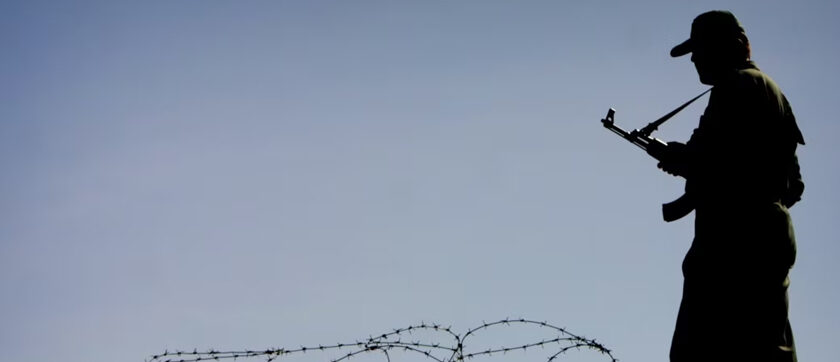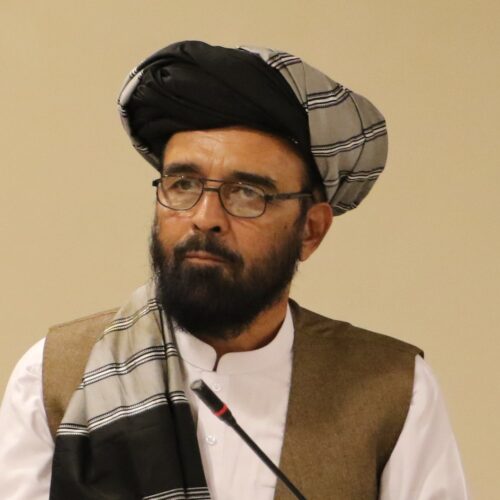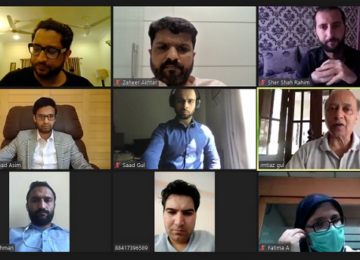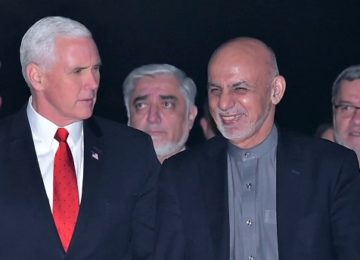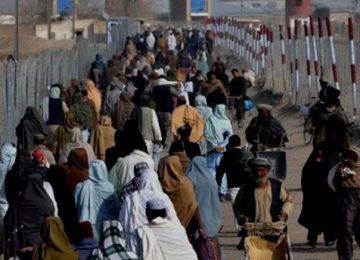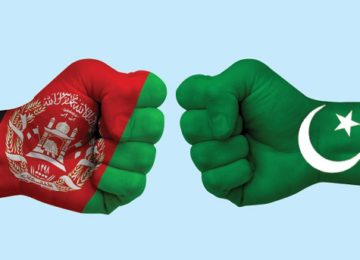Pakistan’s policies towards Afghanistan, shaped by decades of political maneuvering, have implications for regional peace, refugee crises, and bilateral trust, argues the author.
Afghanistan, my homeland, has suffered through decades of conflict and instability. This turmoil has driven many Afghans to seek refuge in neighboring countries, primarily Pakistan. Today, challenges like potential violence, political instability, and economic hardships continue to afflict Afghanistan.
Pakistan, undeniably, is grappling with its own myriad challenges, especially in ensuring basic services and opportunities for its people. The influx of a substantial number of Afghan refugees intensifies the strain on resources such as healthcare, education, and employment. Yet, the act of expelling Afghan refugees often emerges more as a political maneuver than a solution. It’s wielded by host countries as leverage over Afghanistan, pushing for concessions and influencing its policies.
When millions of our fellow Afghans, including the families of Afghan authorities, have entrenched roots in Pakistan, owning businesses and properties, it’s clear that Afghanistan would feel the pressure. Pakistan, in this scenario, wields more influence and leverage over Afghanistan, while the Afghan governments, burdened by their own challenges, often find resistance tough.
To alleviate this pressure, it would have been more pragmatic for the Afghan government to have pre-emptively prepared for the dignified return of its citizens from Pakistan. Mere accusations of Pakistan’s mistreatment of Afghans cannot overshadow the Afghan leadership’s own shortcomings. It was vital for the Afghan government to smoothen the process of reintegration, navigate potential hurdles, uphold moral duties, and harness the returning Afghans’ skills for the nation’s uplift.
Pakistan’s recent decision to expel all non-registered Afghans is not only a concerning measure, but it also risks exacerbating an already delicate situation. Addressing the impact of deporting non-registered Afghans on peace in Pakistan requires a nuanced understanding, encompassing historical contexts, Afghanistan’s current state, socioeconomic conditions in Pakistan, and the potential repercussions of such actions.
Regrettably, rather than dialoguing with Afghan authorities about the return of non-registered Afghans, Pakistan seems more inclined to take a confrontational stance, which may only aggravate the scenario.
Over the past decades, the perception among Afghans regarding Pakistan’s role in Afghanistan’s challenges has undergone a sea change. For many, especially the youth, Pakistan is perceived less as an ally and more as part of the problem. Factors like Pakistan’s backing of armed factions against Afghan governments, territorial disputes, and meddling in Afghanistan’s affairs contribute to this sentiment.
Pakistan’s pronounced support for groups opposing Afghan regimes has further cemented the notion that it might compromise Afghanistan’s stability and security.
It’s high time for Pakistan to acknowledge that its past strategies regarding Afghanistan haven’t borne any fruit. The ties between these neighboring countries can be rejuvenated by re-assessing and re-orienting these policies and fostering a collaborative approach.
A proactive stance in addressing Afghanistan’s core issues might decrease the exodus of refugees into Pakistan. By championing peace and growth in Afghanistan, there’s an opportunity to motivate Afghans to remain rooted in their homeland.
Revamping outdated policies necessitates comprehensive analysis, engagement with experts, and sustained commitment, always keeping in mind the perspectives of all stakeholders, including Afghanistan, global partners, and regional countries.
In conclusion, while Pakistan’s move to expel non-registered Afghans might provide a temporary reprieve, at the same time, it also strains its relationship with Afghanistan. By recalibrating its stance towards Afghanistan, peace in the region can be realized, reducing the impulse for Afghans to seek sanctuary in neighboring lands.
Abdul Wahid Wahid
Abdul Wahid is a senior journalist from Afghanistan who contributes regularly toTaand, Nunn, Asia and 8am.af. He can be reached at waheedkhan164@gmail.com,



